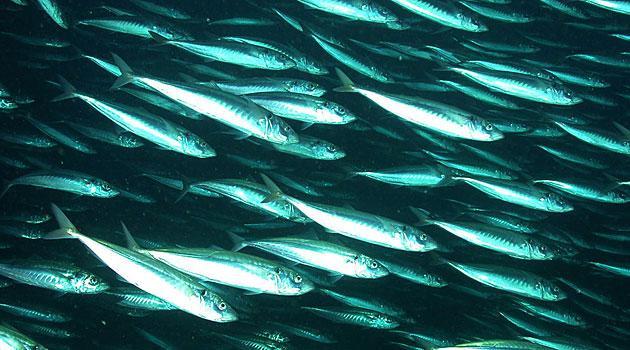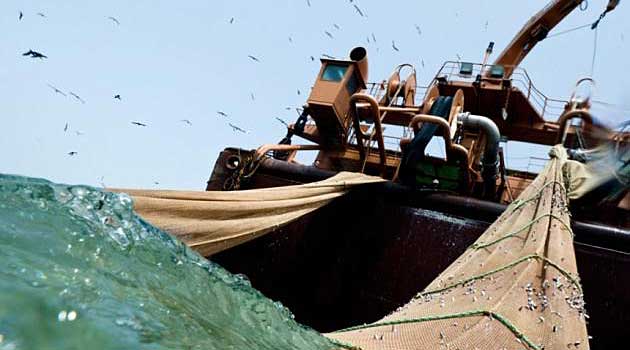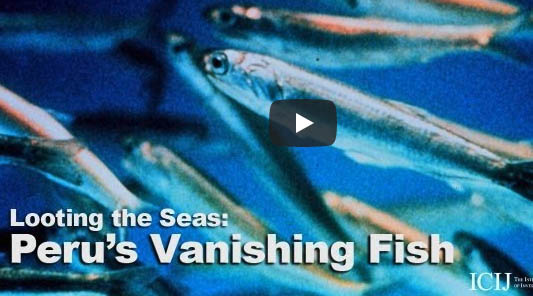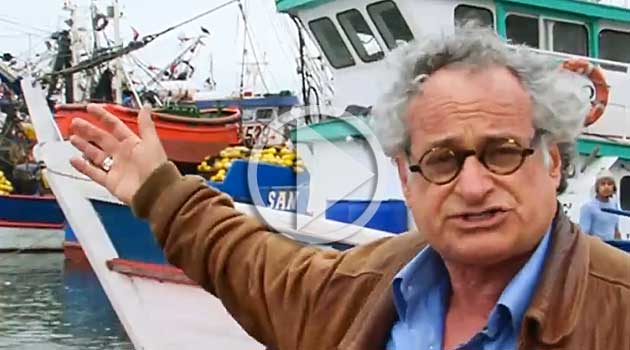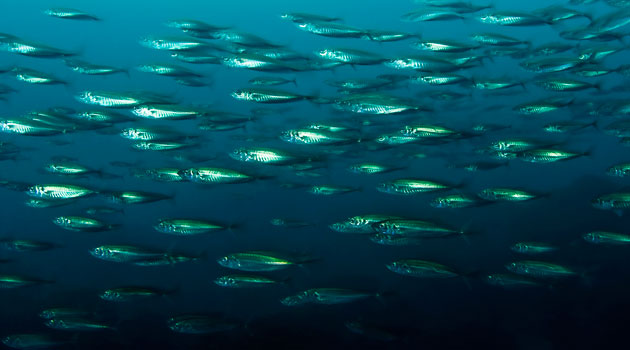Members of the Animal Party asked the Dutch government Wednesday to ban catches of threatened jack mackerel that vessels from the Netherlands and other European countries have overfished in the South Pacific.
“For years there have been meetings to bring to a halt the activities of big floating fish factories in whose nets whole soccer stadiums could fit,” MP Anja Hazekamp of the Animal Party, said, according to the Dutch daily Trouw. “But there are still no binding fishing quotas established.”
The parliamentary debate was sparked by a recent exposé by the International Consortium of Investigative Journalists (ICIJ), which revealed that European, Asian and Latin American fleets have decimated the jack mackerel population in the once-rich waters of the southern Pacific. The stocks have declined from 30 million metric tons to less than 3 million in just two decades.
The bony, bronze-hued jack mackerel plays an important role in the marine ecosystem as food for bigger fish and is a key component of fishmeal for aquaculture. It can take more than 5 kilos of jack mackerel to raise a single kilo of farmed salmon.
Fleets compete in a free-for-all in the southern Pacific, the ICIJ investigation found, because governments have failed since 2006 to create and ratify a regional fisheries management organization that can impose binding regulations. In the meantime, quotas are only voluntary.
One key player in the fishery is the Dutch-based Pelagic Freezer-Trawler Association (PFA), which represents nine companies and 25 European Union-flagged vessels. PFA president Gerard van Balsfoort told ICIJ in January that vessels in the southern Pacific fished too hard at a time when fish stocks were vulnerable. “There was way too big an effort in too short a time … the entire fleet has to be blamed for it,” he said, including PFA.
But at this week’s parliamentary debate, Henk Bleker, the state secretary for Economic Affairs, Agriculture and Innovation, who also oversees fisheries, made no apologies. Banning jack mackerel catches is “the dumbest thing that can be done,” he told Parliament.
Bleker blamed Peru and Chile for the overfishing and said the Netherlands and the EU are taking a lead role in regulating the fishery.
“The fact that there is now going to be a quota is due to our presence,” Bleker said, referring to the possibility that the regional fisheries management organization will be finally ratified this year, with binding regulations.
The dangers of a regulatory void became clear in early February when nations fishing in the southern Pacific left the way open for fleets to catch jack mackerel far beyond the limits that scientists had recommended for the recovery of the stock.
As for the Dutch, Bleker said he doesn’t share the criticism MPs raised in the Wednesday debate about the fishing activities of the PFA conglomerate in the South Pacific.
“We should not praise ourselves,” he said, “but neither should we let out hot air.”
